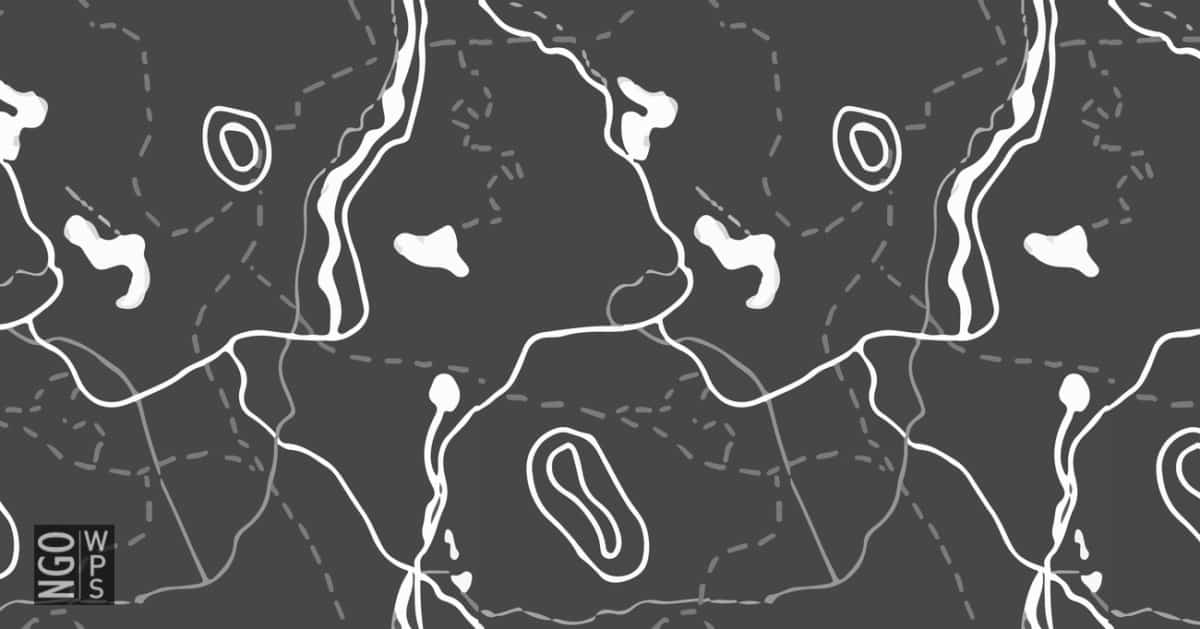Central African Republic
The Central African Republic (CAR) has been engulfed in violent armed conflict since 2013, and conflict-related insecurity has left women and girls vulnerable to forced marriage, abduction, and especially sexual and gender-based violence; according to the International Development Monitoring Centre, 68% of girls in CAR are married before the age of eighteen. Women in the CAR continue to be largely excluded from peacebuilding and reconstruction efforts and have even been subjected to violence perpetrated by UN peacekeepers. Deployed in April 2014, the United Nations Multidimensional Integrated Stabilization Mission in the Central African Republic (MINUSCA)is mandated to protect women, monitor and report on violations against women, adhere to the zero-tolerance policy on sexual exploitation and abuse, ensure women’s full participation in conflict resolution and elections, and incorporate gender as a cross-cutting issue. To further this progress, based on the work of NGOWG members and their partners, the NGOWG advocates for more thorough monitoring of UN peacekeepers in CAR to ensure that no exploitation and abuse occurs on their watch.
Central African Republic
The Central African Republic (CAR) has been engulfed in violent armed conflict since 2013, and conflict-related insecurity has left women and girls vulnerable to forced marriage, abduction, and especially sexual and gender-based violence; according to the International Development Monitoring Centre, 68% of girls in CAR are married before the age of eighteen.
Women in the CAR continue to be largely excluded from peacebuilding and reconstruction efforts and have even been subjected to violence perpetrated by UN peacekeepers. Deployed in April 2014, the United Nations Multidimensional Integrated Stabilization Mission in the Central African Republic (MINUSCA) is mandated to protect women, monitor and report on violations against women, adhere to the zero-tolerance policy on sexual exploitation and abuse, ensure women’s full participation in conflict resolution and elections, and incorporate gender as a cross-cutting issue. To further this progress, based on the work of NGOWG members and their partners, the NGOWG advocates for more thorough monitoring of UN peacekeepers in CAR to ensure that no exploitation and abuse occurs on their watch.
Current and Past Recommendations to the UN Security Council (Monthly Action Points)
The Security Council will consider a report on the situation in the region in the lead up to the withdrawal of the UN Mission to Central African Republic and Chad (MINURCAT), due to begin October 15. The capacity of the Chadian government to provide security for the civilian population in eastern Chad remains a major concern, particularly in light of ongoing insecurity and human rights violations, perpetrated with near total impunity. As stated in the Secretary-General’s previous report on MINURCAT, the plight of women and girls living in eastern Chad continues despite the promises of the Chadian authorities. The Council should inquire as to the measures that the Chadian government has put in place to protect all persons within its territory, including refugees from Darfur and displaced Chadians, from violations of international human rights and humanitarian law. The Chadian government must ensure that its own security forces do not commit crimes. The government should promptly formulate, disseminate and implement a detailed and transparent plan of action for civilian protection in eastern Chad. In particular it must urgently submit to the Council its plan for sustaining the Détachement intégré de sécurité (DIS) after MINURCAT’s departure, a plan that was required by 31 July 2010 (SCR 1923, OP5). It is essential that the Council maintain a high level of engagement in eastern Chad to ensure that the security situation does not deteriorate during the transition period and after the full withdrawal of MINURCAT due on 31 December.
Relevant Resources










